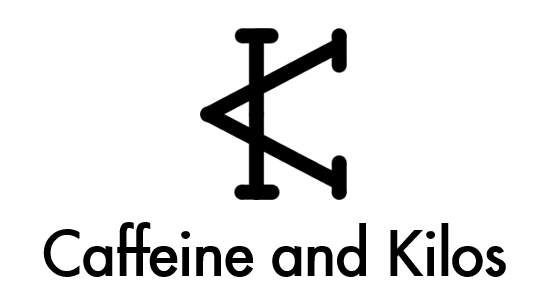Unlock Your Squat Potential: How Stronger Abs Can Amplify Your Lifts
Share
Unlock Your Squat Potential: How Stronger Abs Can Amplify Your Lifts
The quest for a powerful squat is a fundamental pursuit in any strength training program. It’s not just about leg power; your core strength, particularly your abdominal muscles, plays a pivotal role in squat performance. Understanding the connection between stronger abs and increased squatting weight can be a game-changer for athletes, bodybuilders, and fitness enthusiasts alike. This article dives into the biomechanics of squatting and reveals why a fortified core can lead to significant gains in your squat numbers.
The Core-Squat Connection:
1. Stabilization is Key:
The squat is a compound movement that engages multiple muscle groups across the body. The core, which includes the abs, obliques, and lower back muscles, acts as the foundation for this dynamic exercise. Stronger abs provide enhanced stabilization, allowing for a more controlled and powerful squat. Without a stable core, the body compensates with a forward lean or improper posture, which can limit the amount of weight you can safely squat.
2. Power Transmission:
When you perform a squat, the force generated by your lower body must be transferred efficiently through your torso to complete the lift. A solid core acts as a rigid conduit, minimizing energy leaks and ensuring maximum force is applied to the barbell. If your abs are weak, the force dissipates, and you may struggle to squat heavier weights.
3. Injury Prevention:
A strong core supports the spine, reducing the risk of back injuries during heavy squats. As you increase the weight, the compression forces on the spine also increase. Abs that are conditioned and strong act as a protective brace around the vertebrae, ensuring your back remains in a safe, neutral position throughout the squat movement.
4. Improved Balance and Coordination:
Balance is crucial in maintaining the correct form while squatting. Your abdominal muscles play a critical role in keeping you upright and in alignment. Stronger abs improve your body's coordination and control, allowing for a smoother execution of the squat with heavier loads.
5. Enhanced Breathing and Bracing:
The Valsalva maneuver, a breathing technique used during heavy lifting, requires a strong core to perform effectively. By holding your breath at the beginning of the lift, you create intra-abdominal pressure that further stabilizes the spine. Stronger abs can maintain this pressure more effectively, providing additional support when squatting heavy weights.
Training Your Abs for a Stronger Squat:
To capitalize on the benefits of stronger abs, integrate core-specific exercises into your workout routine. Planks, ab rollouts, and leg raises are excellent for building core endurance and stability. Weighted movements like cable crunches, weighted planks, or medicine ball throws can also help build core strength.
Remember, it's not just about isolated ab work. Compound movements like deadlifts, overhead presses, and even squats themselves engage the core. Treat your ab training as you would any other muscle group: allow for proper recovery, progressively overload, and maintain a consistent training schedule.

